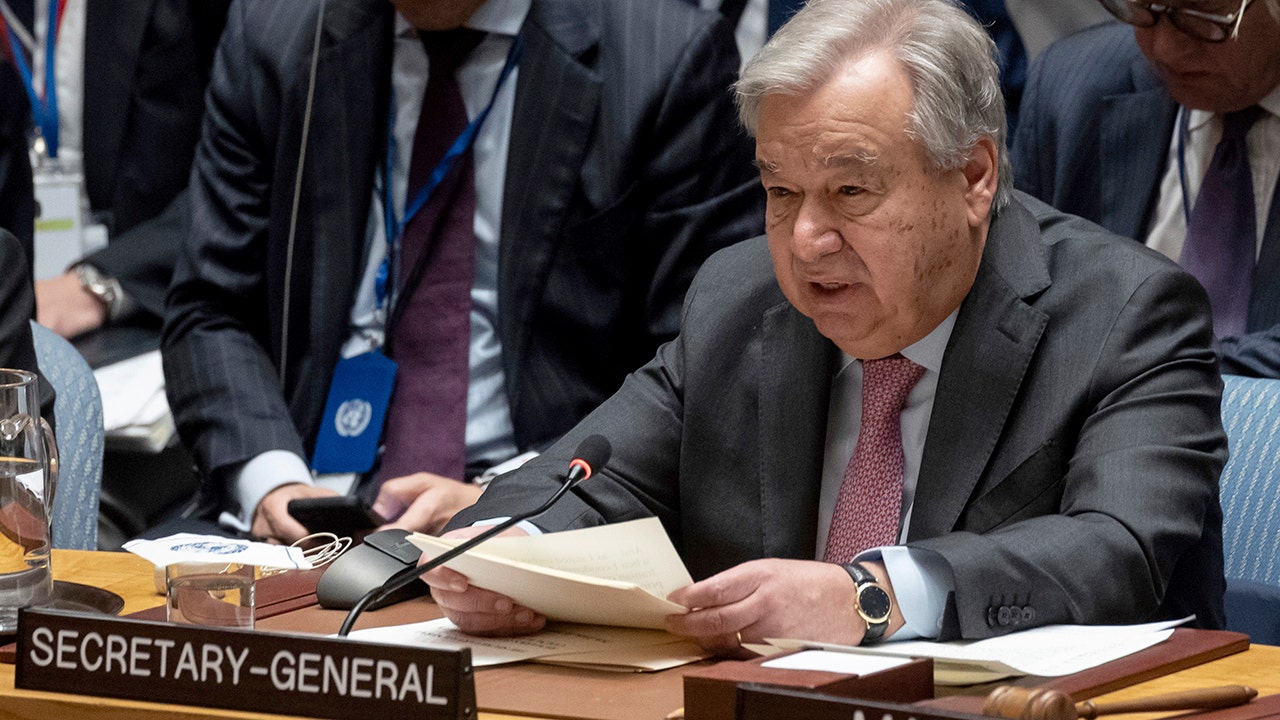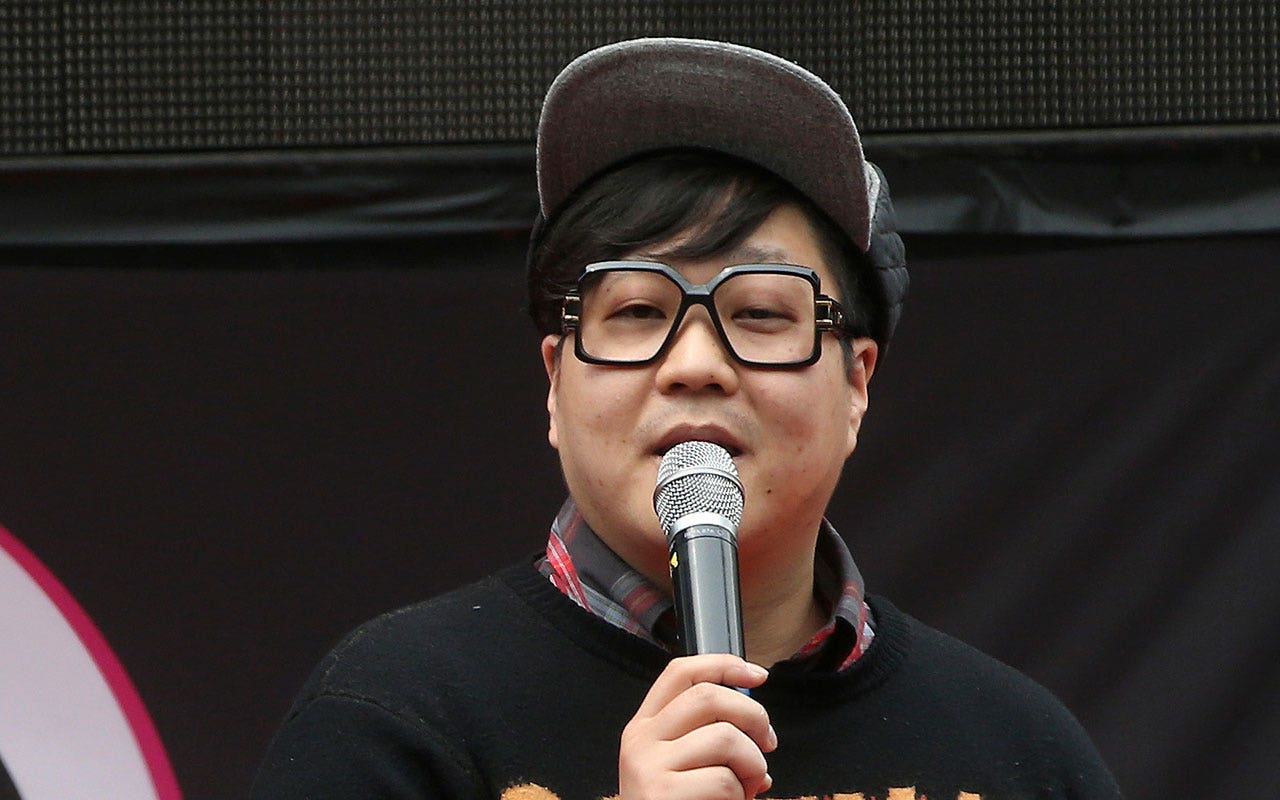One of London’s oldest, most celebrated men’s clubs, the Garrick, voted on Tuesday to admit women as members, according to two members. The vote ended a decades-long dispute that had divided the club, generated multiple conflicting legal arguments and made life acutely awkward for some of its most prominent members.
The vote — by a margin of roughly 60 percent to 40 percent, according to the two members — will open membership to women for the first time since the club’s founding in 1831. Some members had said they planned to swiftly nominate a slate of prominent women, including the actress Judi Dench and the classics scholar Mary Beard.
The decision came after the latest round of debate, occasionally bitter, which pitted a band of committed campaigners against mostly older members, many of whom had lamented that admitting women would forever change the character of the Garrick, a bastion of the British establishment.
The club did not comment on the meeting, which lasted almost two hours, or the results of the vote, and the members asked not to be identified because they had been asked not to discuss it. They said the debate had been civil, and the vote, which was conducted electronically, had been conducted briskly.
The Garrick has long welcomed women as guests, including at a communal table in the majestic dining room in the club’s imposing building in Covent Garden. However, women were barred from the members’ lounge, known as Under the Stairs, where men gather after dinner to smoke and drink.
While the Garrick is not the only male-only club in London, it is easily the most star-studded, with a membership roster that includes the actors Brian Cox, Benedict Cumberbatch and Stephen Fry; the musicians Sting and Mark Knopfler; the BBC world affairs editor John Simpson; and Oliver Dowden, Britain’s deputy prime minister. King Charles III is an honorary member.
Mr. Cox and Mr. Fry had come out publicly in favor of admitting women. Last week, Mr. Simpson posted on social media that he and many other members, including Sting and Mr. Knopfler, would find it impossible to stay in the club if it did not vote to change the rules.
The last time the members voted on whether to admit women, in 2015, a slender majority — 50.5 percent — said they supported it. But at the time, the club’s bylaws required a two-thirds majority to change a club rule. On Tuesday, the members voted, by a narrow margin, to change that threshold to a simple majority, according to the two members who spoke on the condition of anonymity.
As the debate unfolded in recent weeks, some members appeared to have been swayed by a legal opinion, written by an outside lawyer, David Pannick, which argued that nothing in the club’s rules prevented it from admitting women. Mr. Pannick’s conclusion hung on a legal interpretation in English law that the pronoun “he,” also means “she,” unless specifically stipulating otherwise.
An expert in human rights law, Mr. Pannick represented former Prime Minister Boris Johnson before a parliamentary committee investigating the scandal over parties held at 10 Downing Street during the coronavirus lockdown.
Two club members — David Neuberger, a former president of Britain’s Supreme Court, and Jonathan Sumption, a former justice on the court — wrote letters in support of Mr. Pannick’s argument. But other members produced legal opinions that reached very different conclusions, and those were also debated in Tuesday’s two-hour meeting, which members were allowed to attend remotely.
Those who opposed admitting women pointed out that London has several women-only social clubs, including the University Women’s Club. There are also male-only clubs like White’s, which do not even allow women to enter as guests.
The prolonged dispute over female members, however, had become an embarrassment to the members, particularly senior government officials whose status was disclosed in a list leaked to The Guardian, the London newspaper.
Two senior British officials felt pressured to resign from the club: Richard Moore, the chief of the Secret Intelligence Service, and Simon Case, the cabinet secretary, who oversees nearly half a million public employees.
Mr. Case had defended his membership by telling Parliament that he was trying to reform an “antediluvian” institution from within rather “than chuck rocks from the outside.” Mr. Moore’s membership seemed at odds with his efforts to bring more racial and gender diversity to the British spy agency, known as MI6.
Other members have been vocal in opposing the men-only policy, arguing that it ran counter to the spirit and values of the Garrick, which attracts prominent people from the worlds of arts and letters.






